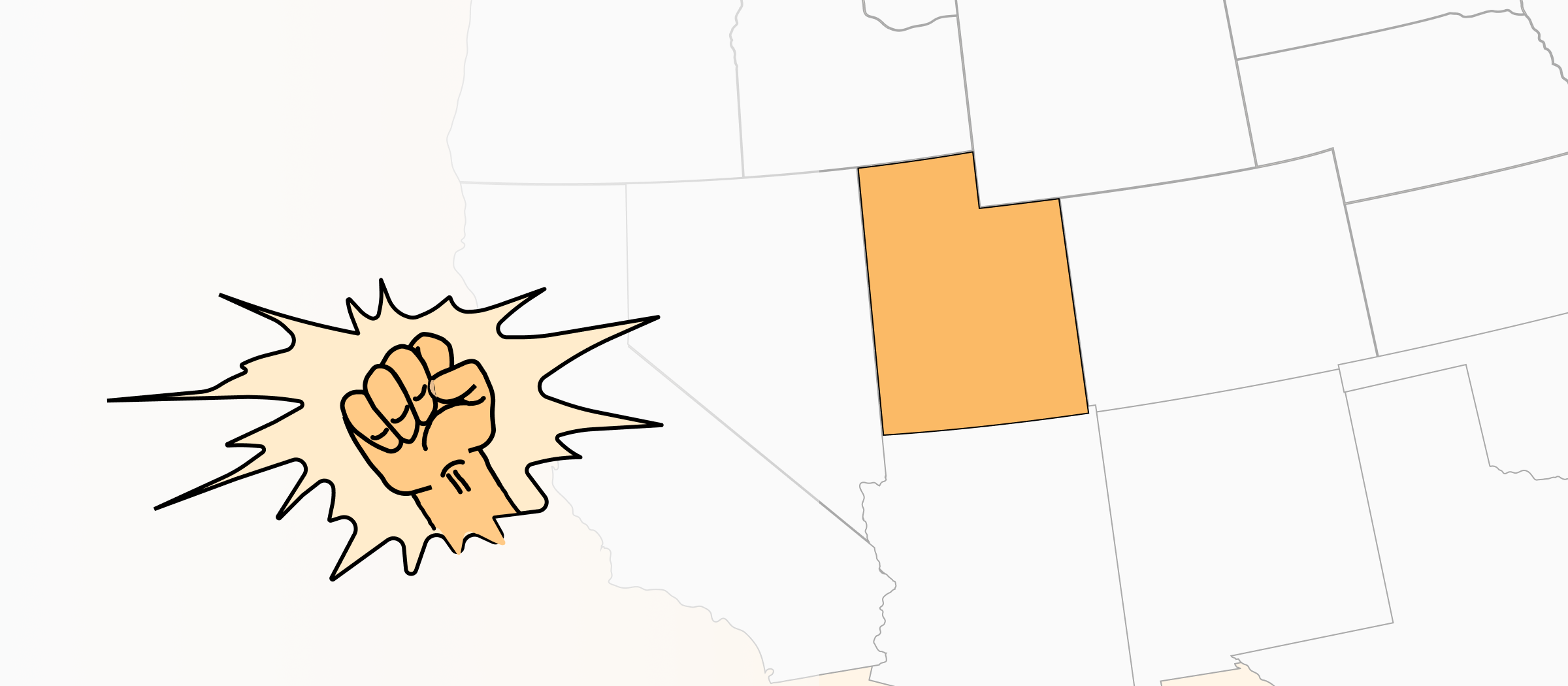| Tenant Protected Actions |
|
| Landlord Retaliatory Actions |
|
| Penalties for Retaliation |
|
When Is It Illegal for Landlords to Retaliate in Utah?
It’s illegal retaliation for Utah landlords to evict or refuse to renew a lease, when all the following conditions apply:
- The tenant is current on rent and not violating any obligations under the law or lease.
- The tenant has, personally or through a tenant organization, complained about the landlord’s noncompliance with legal responsibilities.
- The complaint is made in good faith.
- The landlord’s eviction or refusal to renew the lease is because of the complaint.
What Can Tenants Do in Response in Utah?
Utah tenants can only claim retaliatory eviction as a defense against the landlord’s attempt to remove them from occupying the rental property. If a court agrees that the landlord is retaliating, the landlord’s retaliatory action will be prohibited. The tenant might also be able to recover court costs and attorney fees.
Sources
- 1 Bldg. Monitoring Systems, Inc. v. Paxton, 905 P.2d 1215, 1218 (Utah 1995) (cleaned up with internal citations omitted)
-
“A landlord has taken retaliatory action against a tenant with respect to residential property whenever the landlord undertakes to terminate a tenancy that is terminable by an appropriate notice, or refuses to renew a tenancy for a specified term when that term ends, if… the tenant is not materially in default in the performance of his obligations under the lease at the time the landlord acts [and] the landlord is primarily motivated in so acting because the tenant, either alone or through his participation in a lawful organization of tenants, has complained about a violation by the landlord of a protective housing statute; and the tenant’s complaint was made in good faith and with reasonable cause.”
Source Link - 2 Utah Code Ann. § 57-22-6(7) (2023)
-
“In an action under this chapter, the court may award costs and reasonable attorney fees to the prevailing party.”
Source Link

